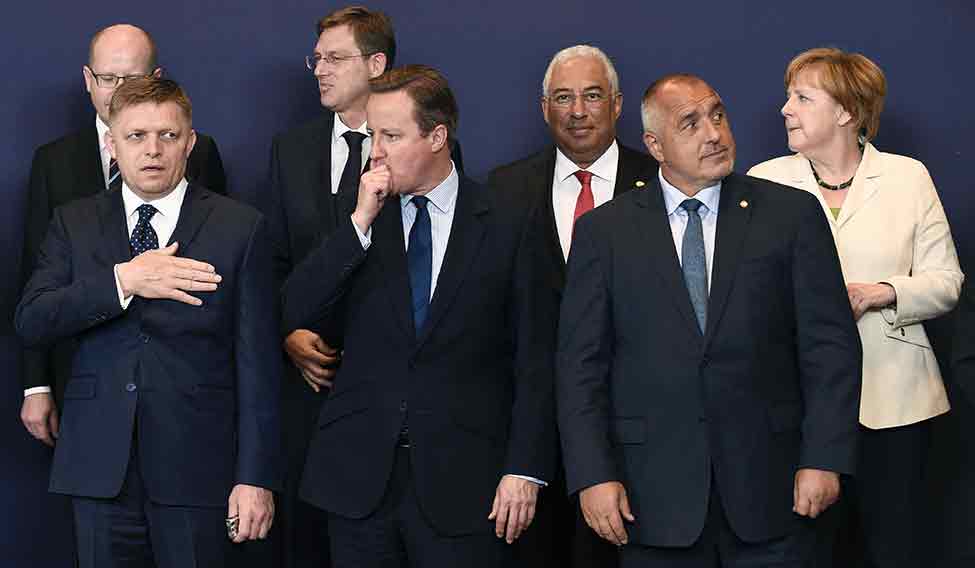
There were two major issues in the Brexit referendum. One was the influx of migrants, mainly from Europe, who were allegedly taking jobs away from British citizens even as they were enjoying generous welfare services. The second was the charge that laws and regulations were being increasingly imposed on the UK by the EU in Brussels, to the disadvantage of British citizens.
India will be affected by the Brexit vote on both these issues. There was public anger in the UK about the three million-odd Europeans who have taken employment and settled down in Britain. There was also a fear that Britain will be flooded with migrants when countries like Turkey join the EU. A provocative poster, attributed to UKIP leader Nigel Farage, shows an endless crowd of brown-skinned people waiting to enter the country.
If the Brexit vote reflects growing xenophobia in Britain, Indians will be as affected as much as the Europeans. Indians constitute the largest source of migration in the UK, followed by Poland and Pakistan. Indian migrants have been generally welcomed because they are better educated and bring with them capital and skills, which have boosted the British economy. Some of the leading business leaders in UK are of Indian origin.
Our immediate concern will be the future of the 800-odd Indian companies which currently operate in the UK. India is the third largest foreign investor in the UK. Leading Indian companies including the Tatas, Infosys, Mahindras, HCL, TCS and Bharat Forge have chosen the UK as a gateway to the European market. They will have to scale down in the UK and scale up in the continent, which will add to the operating costs in an uncertain economic environment.There is nevertheless a silver lining for India. The Brexit leaders claimed that a sovereign Britain outside the EU would be free to negotiate special trade and investment deals with large economies like the US, China and India. On June 27, the chancellor of the exchequer, George Osborne, in his first statement after the referendum declared that he wanted “to put in place the strongest possible economic links with our European neighbours, with our close friends in north America and the commonwealth, and our important partners like China and India.”
It is not clear if this will indeed be the case. Interestingly, the leaders of some of these countries had openly warned against Brexit.
As anticipated, stock markets and currency rates have been shaken across the world. By the looks of it, however, the reaction has been subdued so far. Except in Japan, the stock markets of major economies, including the US, India and China, have fluctuated within a range of 2.5 per cent. The rupee, like other currencies, has been under pressure, but is holding out well.
Brexit may open a window of opportunity for India. The real threat of Brexit to regional and global stability is not economic, but political. The leaders who pushed for Brexit had not thought this through, judging by their confused and nervous response when asked about the next steps.
The referendum makes the unravelling of the UK inevitable, because it will no longer be “united”.Nevertheless, even a truncated Britain will be a strong entity and will remain a major global player. India has strong cultural, historical, economic and ethnic ties with Britain and these will carry on flourishing.
What should India do? The sensible thing would be to accept the verdict of the British electorate and reassure London that India will stand by the UK and offer to strengthen its bilateral strategic partnership.
Mansingh, former foreign secretary, was High Commissioner to the UK.






